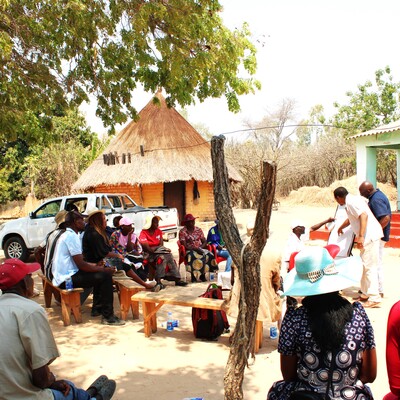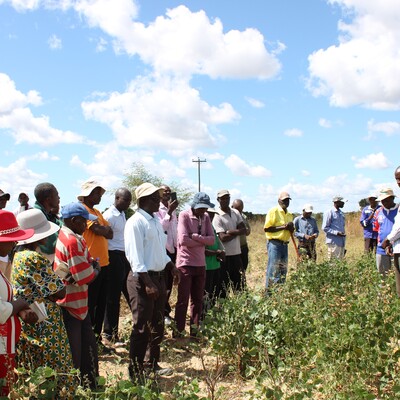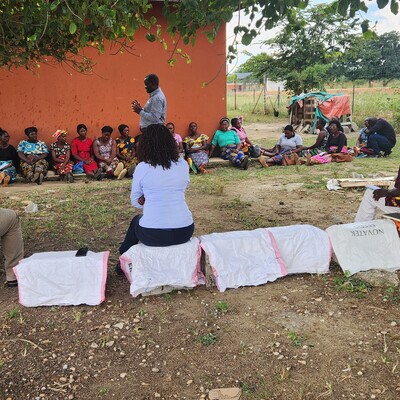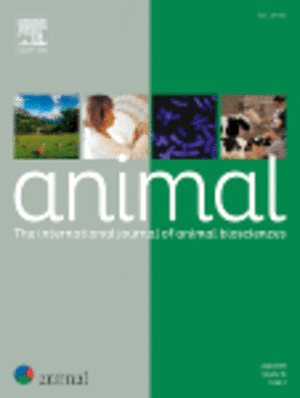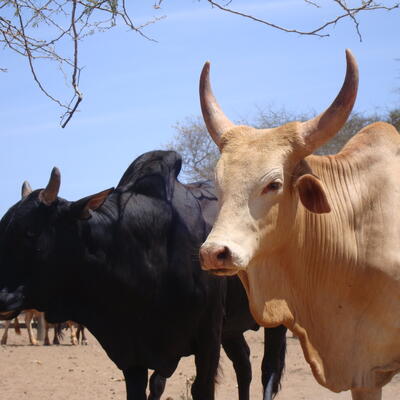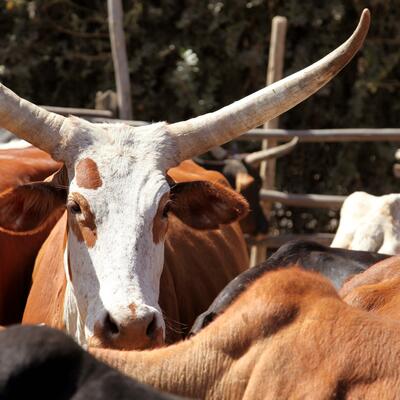
Improving the value of maize as a livestock feed and to enhance the livelihoods of maize livestock farmers in East Africa
The purpose of this project is to contribute to small holder food security and benefits from livestock, through dual purpose maize cultivars that provide both food and feed. It will thus investigate the potential of dual-purpose maize in enhancing the livelihoods of resource poor crop- livestock farmers of East Africa.
In Ethiopia, Kenya and Tanzania, there exists a high demand for improved maize genotypes that are well adapted to biotic and abiotic stress and with superior grain yield and fodder value. For many crops, cultivar differences in crop residues quality and quantity are substantial, have direct effects on livestock productivity, and can be exploited through collaborative work between crop and livestock disciplines without detriment to grain yield. The increasing demand for livestock products and need for increased production of food and feed on limited land holdings suggest that food – feed maize has the potential to contribute in the context of the on-going intensification of crop livestock systems. Inclusion of information on farmers’ preferences, their feeding strategies and existing familiarity with the crop will enhance the likelihood of adoption of improved genotypes that better meet their needs. The success of this project is therefore based on the assumptions that: • Demand for livestock products will increase • Presence of fodder traits influences farmers choices of maize cultivar • Superior genotypes of food feed maize with heritable nutritional traits will be identified • Smallholder farmers will adopt improved maize genotypes. It is being implemented in Ethiopia, Kenya and Tanzania. It is based in marginal areas where the concentration of mixed smallholders is highest and agricultural systems are undergoing further intensification. It targets small holder crop livestock farmers in East Africa where lack of fodder presents a serious constraint to livestock production and where maize fodder comprises a significant proportion of the diet. It also targets areas where scarcity of land limits alternative fodder sources and maize is an essential staple food. Other beneficiaries of the project include private and public maize improvement institutions, variety releasing agents, public and private seed industry and civil seed multipliers/distributors. They will be informed of differences in cultivars not only in grain yield and stress resistance but also in fodder value of the stover. This information is expected to result in preferential promotion, multiplication and distribution of seeds of superior food feed cultivars of maize to meet farmer demand. Maize breeders will also be provided with baseline data delineating opportunities and cost benefit projections required for further genetic enhancement of food - feed maize. Project objectives • To assess the influence of livestock related factors on farmers’ choice of maize genotypes in Ethiopia, Kenya and Tanzania. • To identify superior, dual-purpose, maize cultivars from existing germplasm for diverse agro-ecological zones in Ethiopia, Kenya and Tanzania. • To define opportunities and strategies for further genetic enhancement towards dual-purpose maize for diverse agro-ecological zones in East Africa. • To identify new tools for quick and economical on-field assessments of stover fodder value in crop improvement work. • To identify additional selection criteria for variety releasing agents and public and private seed industry. Partners Centro Internacional de Mejoramiento de Maiz y Trigo(CIMMYT) Association of Agricultural research for east and Central Africa (ASARECA) East and Central African Maize and Wheat (ECAMAW), Bako Research Centre Addis Ababa, Ethiopia Ambo Research Centre, Ethiopian Institute of Agricultural Research (EIAR), Addis Ababa, Ethiopia; Faculty of Agriculture, Department of Agricultural Economics, Haramaya, University, Ethiopia; Kenya Agricultural Research Institute ( KARI)-Embu Regional Research Center, Kenya; Ministry of Agriculture and Food Security, Selian Agricultural Research Institute, Arusha, Tanzania; Faculty of Agriculture, Department of Agricultural Economics and Agribusiness,Sokoine University of Agriculture, Tanzania; University of Hohenheim, Institute for Plant Breeding, Seed Science and population genetics, Germany. Contact person: Dr.Zubeda Mduruma, CIMMYT,ECAMAW coordinator Addis Ababa, Ethiopia Tel: +251-1-46-32-15 fax: +251-1-46-12-42






